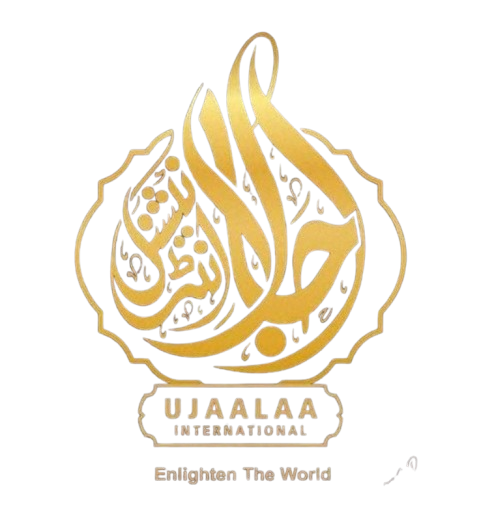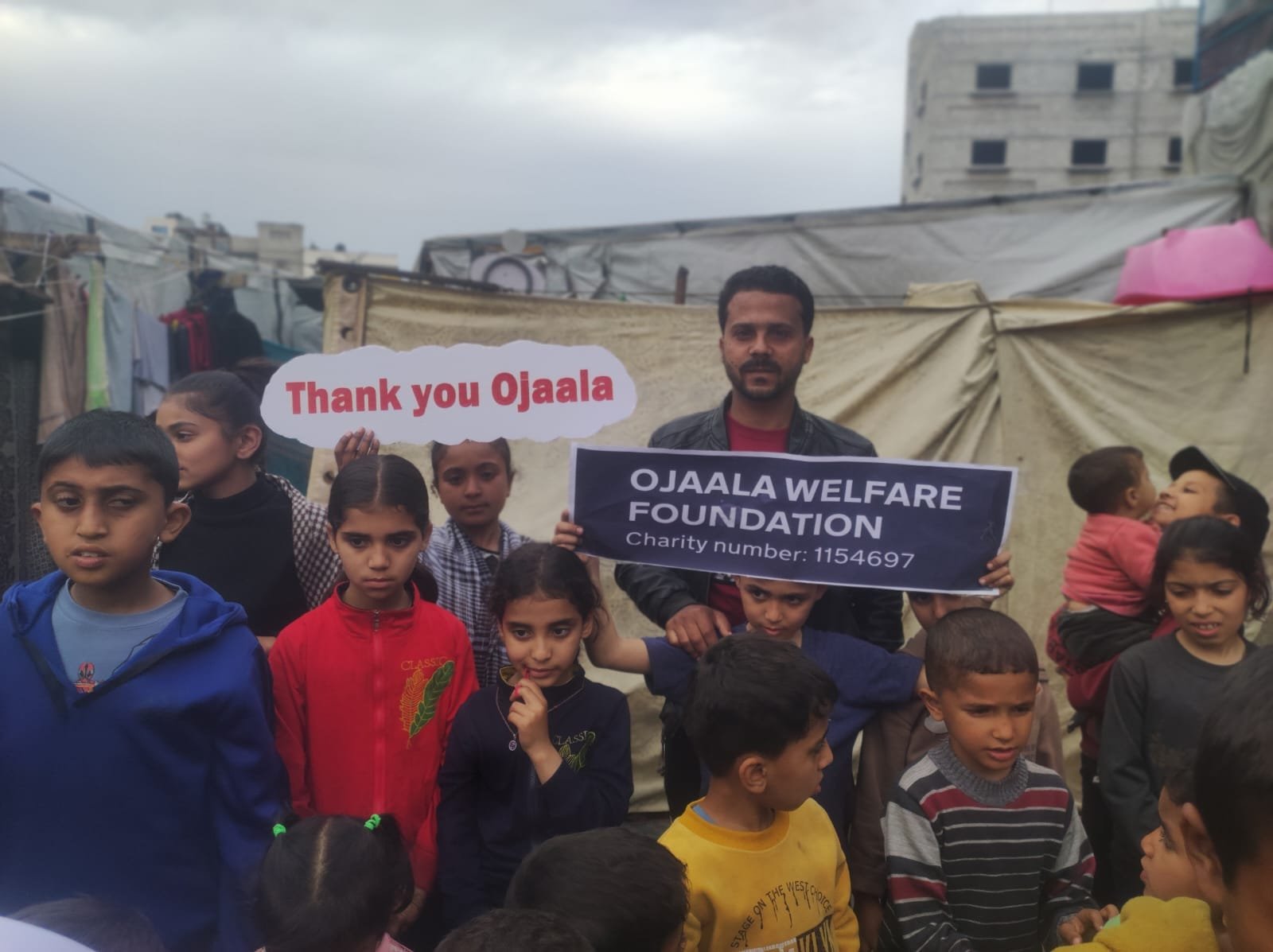Zakat, one of the Five Pillars of Islam, is a crucial act of charity that purifies wealth and helps those in need. To ensure that Zakat is given in accordance with Islamic teachings, it is essential to follow specific guidelines. These guidelines ensure that Zakat fulfills its purpose of alleviating poverty and promoting social justice. Below are the key guidelines to keep in mind when giving Zakat:
1. Zakat is an Obligation, Not a Voluntary Charity
Zakat is a mandatory form of charity for eligible Muslims, and it is considered an act of worship. It is not voluntary, and every adult Muslim who meets the necessary criteria is obliged to pay it. The amount given must be at least 2.5% of one’s savings, wealth, and assets after one year.
2. Zakat Must Be Given from Purified Wealth
Zakat purifies wealth by ensuring that a portion of it is shared with those in need. Only wealth that exceeds the nisab (minimum threshold) and is in your possession for one full lunar year is eligible for Zakat. This includes money, savings, gold, silver, and business assets.
3. Who is Eligible to Receive Zakat?
Zakat is intended for specific categories of recipients as outlined in the Quran (Surah At-Tawbah, 9:60). These include:
- The poor (Fuqara): Those who do not have sufficient means to meet their basic needs.
- The needy (Miskin): Those whose income is insufficient, though not entirely destitute.
- Zakat collectors: Those appointed to collect and distribute Zakat.
- Those whose hearts are to be reconciled: New Muslims or those close to Islam who need support.
- Slaves and captives: To free those who are enslaved or imprisoned.
- The debt-ridden (Gharimin): Those unable to pay off their debts.
- For the cause of Allah (Fi Sabilillah): Supporting Islamic causes, such as education, religious institutions, or charity.
- The wayfarer: Travelers in need, regardless of their social status.
4. Zakat Should Be Given With the Right Intent
It is important to give Zakat sincerely, solely for the pleasure of Allah (SWT). It should not be done for recognition or to gain praise from others. Zakat is a spiritual obligation and should be performed with humility, ensuring that it is given in the correct spirit of charity.
5. Zakat Should Be Given at the Right Time
Zakat is obligatory once a year on the same date each year, based on the lunar calendar. However, it can be given at any time during the year as long as the wealth has been in possession for a full year. Some choose to give it during Ramadan due to its increased reward during this blessed month.
6. The Nisab Threshold
Zakat is only obligatory for those whose wealth exceeds the nisab, which is the minimum amount of wealth a person must have before being required to pay Zakat. The nisab is often calculated based on the value of 85 grams of gold or 595 grams of silver, which fluctuates with the market price. If your wealth exceeds this threshold, Zakat is due.
7. The Distribution of Zakat Should Be Fair
Zakat must be given directly to eligible recipients or through trusted, reliable charitable organizations that ensure it reaches those who are genuinely in need. It is essential to verify the legitimacy of the recipient or organization to avoid misallocation of funds.
8. Zakat Should Not Be Given to Immediate Family Members
Zakat cannot be given to direct family members who are dependent on you, such as parents, children, or spouses. However, it may be given to other relatives, such as cousins or aunts, if they are in need and meet the criteria.
9. Zakat Can Be Given in Various Forms
Zakat does not have to be given only in cash. It can also be paid in kind, such as food, clothing, or other necessities. Additionally, Zakat can be used to support education, healthcare, and other social causes that benefit the community in accordance with Islamic guidelines.
10. Regular Reflection on Wealth and Zakat Obligation
It is important to regularly reflect on your wealth, ensuring that you are paying Zakat on time and in the right amount. Keeping track of your financial situation will help you stay on top of your Zakat obligations and fulfill them in the way prescribed by Islam.
Conclusion
Giving Zakat is not only a charitable act but a way to purify one’s wealth and help others in need. By adhering to these key guidelines, Muslims can ensure that their Zakat is fulfilling its purpose of helping the poor and needy, supporting social welfare, and promoting justice within the community. At Ujala International, we work to ensure that your Zakat donations reach those who truly need it, making a real and lasting impact.

